What makes good business writing?
Most of us spend a great deal of time writing. In fact, research (here and here) shows that skilled professionals spend around a third of their work time on emails. That’s not to mention reports, presentations, and the other writing tasks that take up much of your day.
But it’s not just time that matters. Your professional goals often rely on how well you write, whether you’re persuading your boss by email, sending someone crucial information, or putting together a bid to win new business.
When writing is such a major part of your job, it pays to do it well. Without further ado, here are the things that make business writing effective.
Writing towards an objective

Want better results from your writing? Find out how we can help.
Every piece of writing has an objective, or you wouldn’t be writing it. But unless you define it clearly, it’s easy to veer from your purpose as you type frantically between distractions.
If it’s more than a quick email, write down what you want to achieve before you do anything else. Sometimes your aim is simply to provide clear information or instructions. But often, you’re trying to persuade your reader of something; perhaps you’re selling to a prospective customer or urging a colleague to give up their time to help you.
With your objective in mind, you can ensure every point you make supports it. And don’t forget to use a call to action to encourage the right response from your reader. Even if you’re just asking for some information, make it clear what you’d like, and by when, for a better chance of getting what you need.
Writing for your audience
You can only accomplish your goal if you engage your reader, so make sure you know a bit about them first.
Note down your reader’s needs and attitudes, focusing on the things that will motivate them to respond in the right way. Consider the benefits from the audience’s perspective – not your own.
For example, if a customer is considering your product because the one they used before kept breaking, stress how reliable yours is. If you’re sharing information, use the kind of language your reader is likely to relate to.
Using a clear structure
When you’ve defined your objective and your audience, you can tailor your writing to them. But before you start, plan your writing by listing all of the points you’ll make. This lets you get your structure spot on at the beginning, meaning you’ll waste less time reworking what you’ve written later.
If you look closely at your bullet point plan, you’ll probably find you’ve repeated some points in different words. Try to cover each point only once so your writing is easy to follow.
When it comes to ordering your points, it’s usually best to start with what will have the greatest impact first. If you leave the most important information until the end, your reader may not get to it and you’ll lose your opportunity to influence them.
Overall, follow a logical order and stay focused on your reader and your aim.
Keeping it simple
You won’t engage your audience if they can’t understand and relate to your message easily. So drop the formalities and the fluff and keep your writing clear and simple. Avoid these things in particular:
• Formal language: very few people will be impressed by complex vocabulary and sentence structures. Instead, stick to the kind of language you’d use if you were speaking in person. For example, say “start” rather than “commence”, and “fits” rather than “aligns with”. And it’s ok to use contractions like “it’s” instead of writing out the two words (“it is”) every time; in fact, it’s recommended if you want to sound human.
• Jargon and clichés: corporate buzzwords like “leveraging” and “value-added” risk either alienating or annoying your reader. Yes, you want to sound like you know your stuff, but do it by making clear, intelligent points and avoid jargon unless you’re certain your reader will understand. Even then, clichés are likely to have the opposite of the effect you’re going for. They’re not as meaningful or memorable as plain language, and they can make you seem unimaginative (or just plain silly).
• Rambling: be concise. Only use as many words as it takes to get your point across.
Avoiding mistakes
Writing well doesn’t mean you have to be an expert in English grammar. But it’s worth knowing where people commonly go wrong so you can avoid doing the same.
Not only do mistakes affect your meaning and make things less clear, but they can leave a negative impression on those you need to engage. Here are a few things to remember:
• Common nouns don’t need to be capitalised (not even those that sound important, like “group” and “employer”).
• Entities like “business”, “team”, and your company’s name are singular (“it”) rather than plural (“they”).
• Reflexive pronouns like “myself” and “yourself” are only correct when someone is doing something to or for themselves; they’re not more polite forms of “me” and “you”.
• Commas don’t represent a pause for breath, and you shouldn’t use one between two sentences instead of a full stop.
There are many other common grammar, punctuation and spelling mistakes, and they’re hard to unlearn on your own. You can start picking up better habits by reading plenty of good writing. But if you’d like to find and fix your mistakes quickly and easily, find out about our business writing coaching.
Finally, don’t forget to proofread your writing before you hit the “send” button.
Want to learn exactly how to use these tips in your own writing? Our online business writing course explains everything you need to know through a series of detailed videos that include plenty of examples. It also lets you put your learning into practice with interactive exercises. Take the course to start influencing your readers with powerful writing.


